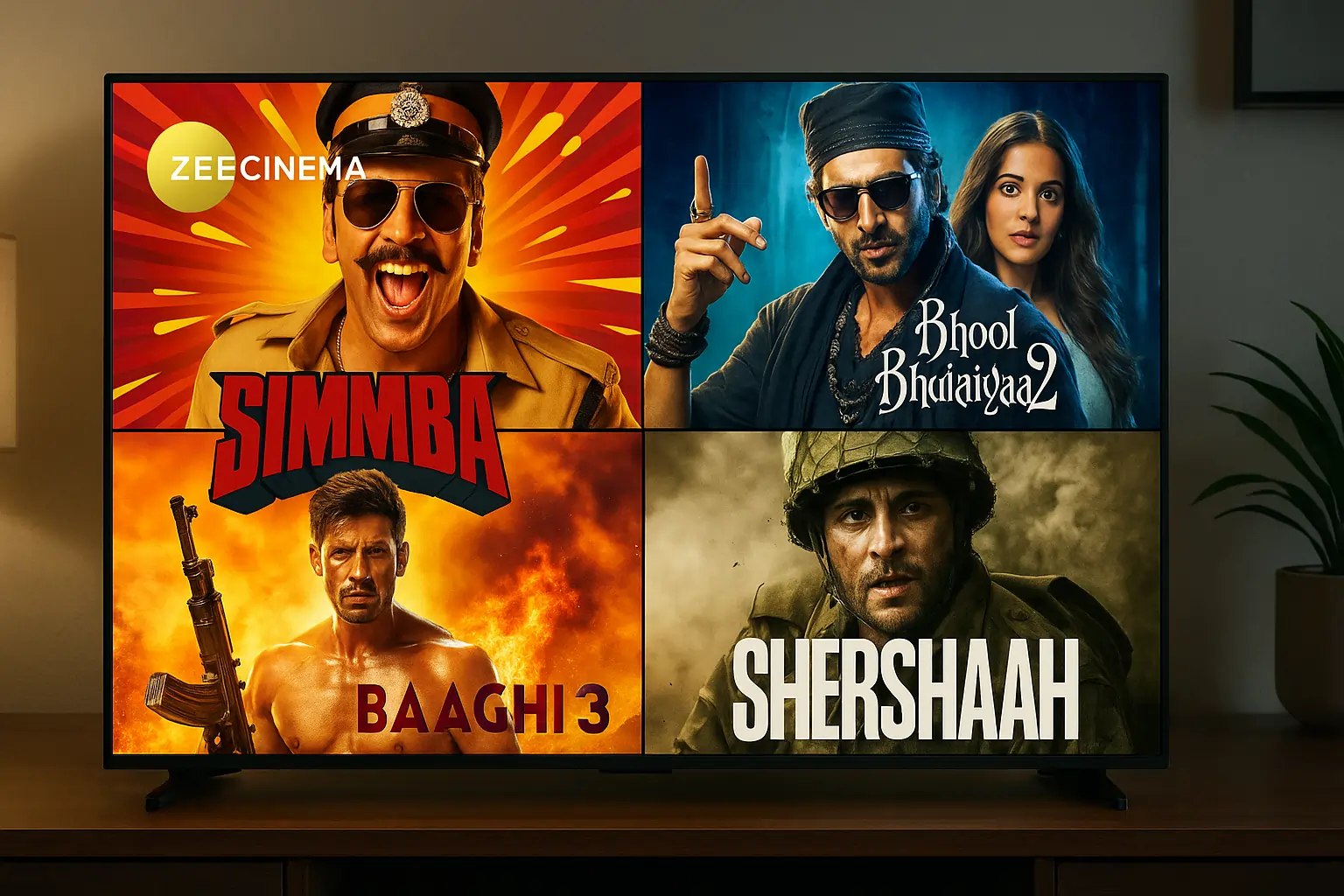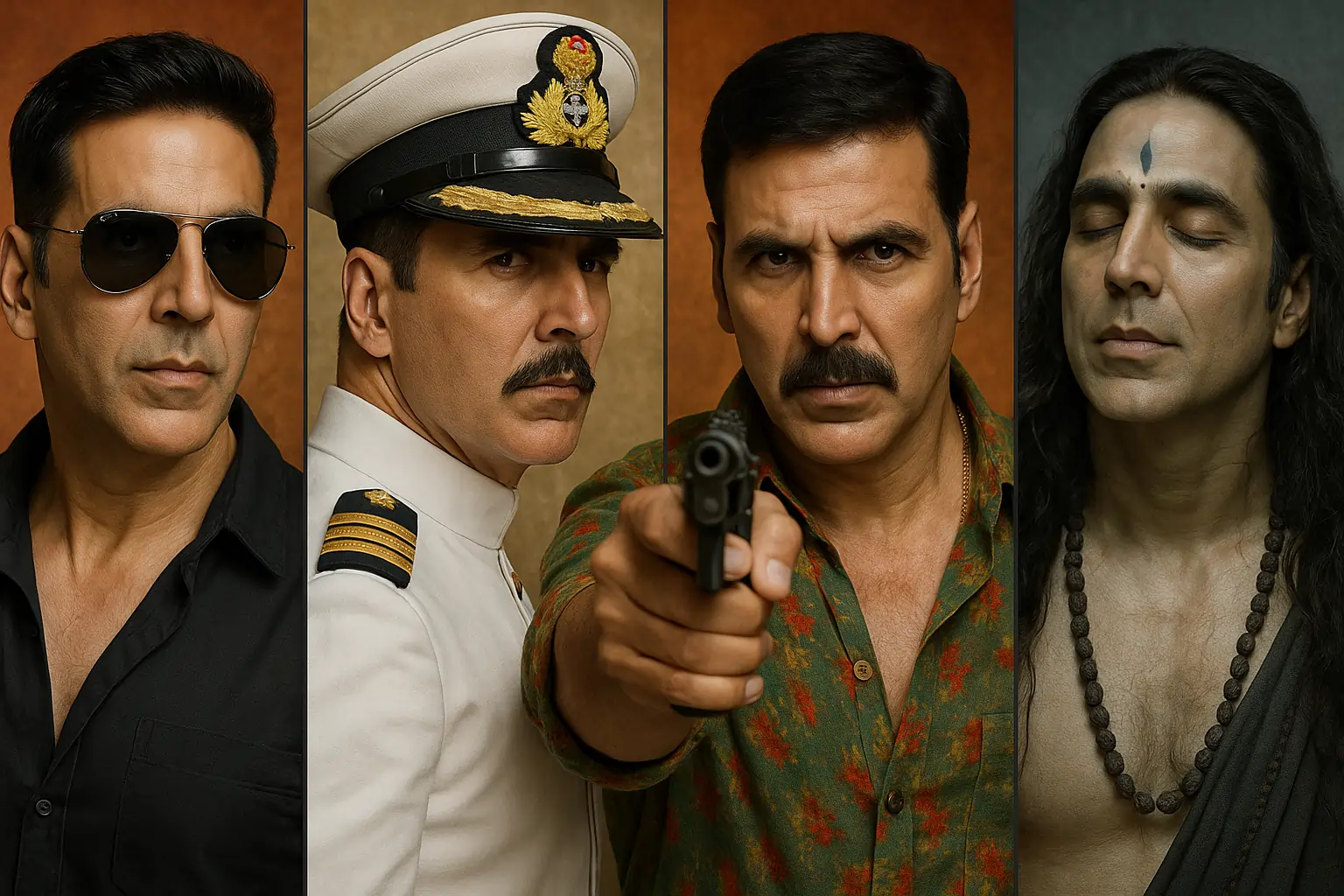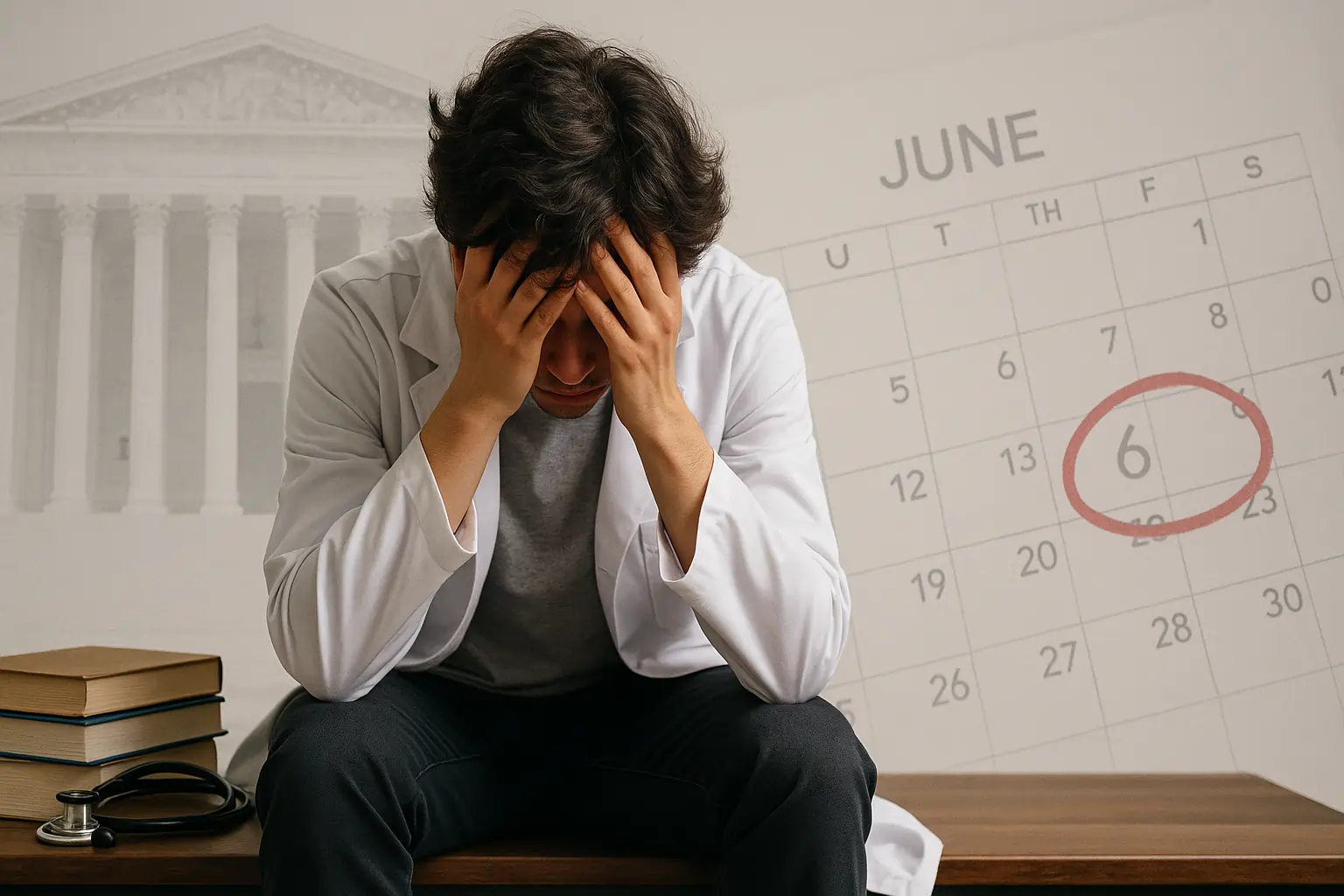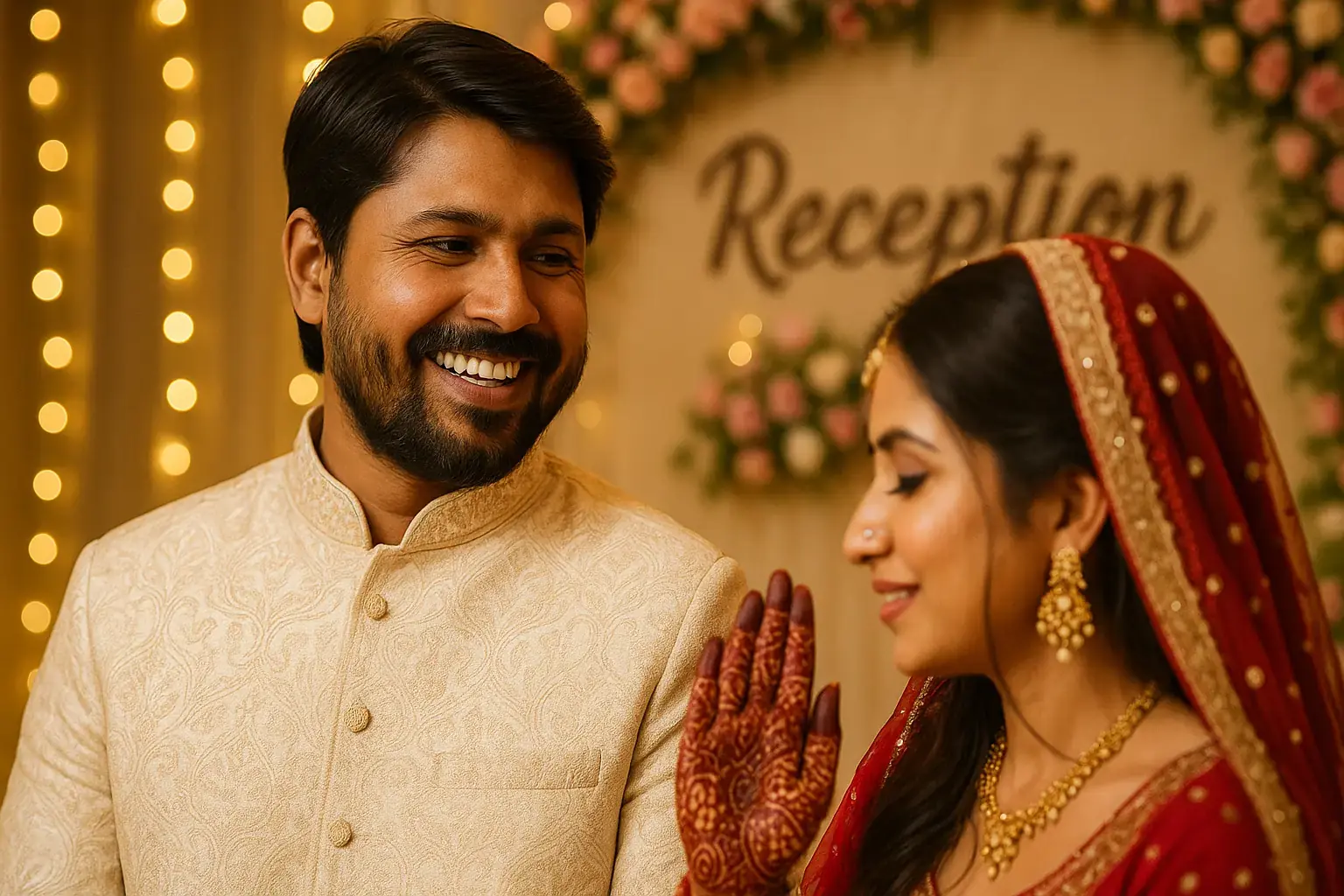In a week that saw social media flooded with reactions over influencer Avneet Kaur’s controversial video, the situation took a new turn when Delhi Police indirectly responded to Indian cricket star Virat Kohli’s recent statement. The incident has now drawn attention from celebrities and public institutions alike, turning a single social media post into a national conversation on internet responsibility, fame, and the role of law enforcement in the digital age.
The Controversy Unfolds
It began with a video starring social media influencer and actress Avneet Kaur. The video, which caught her participating in a prank that was deemed by most netizens as inappropriate and risky, gained momentum in no time, attracting large-scale criticism. It was labelled “irresponsible” and “attention-seeking” by the critics, whereas fans described it as harmless. The criticism escalated as public figures started weighing in on the topic.
Rahul Vaidya Breaks Silence
Singer and reality television star Rahul Vaidya was one of the first celebrities to respond. In a strongly worded Instagram post, Vaidya criticized the trend of posting “mindless content” on social media platforms in the spirit of popularity. “It’s time influencers understand their followers also include children. We cannot glorify this behavior,” he said.
His observation elicited a wider discussion regarding the impact celebrities and influencers exert on people’s behavior, particularly when such content reaches millions across all ages.
Virat Kohli Weighs In
Just days after Vaidya’s remarks, Virat Kohli used X (previously Twitter) to provide his perspective. Even though he didn’t mention Avneet Kaur by name, his tweet was clearly linked to the situation. Kohli said, “Being in the public eye is a privilege. But with it comes responsibility. What we do influences minds — sometimes young, sometimes fragile. Let’s not forget that.
Kohli’s remarks were praised for their maturity and thoughtfulness. Fans lauded him for using his platform to promote accountability. However, some critics argued that the post was too vague and did not confront the issue directly.
Delhi Police’s Subtle Yet Strong Response
In a surprising turn of events, the Delhi Police entered the debate with one of their own tweet that seemed to be responding to Kohli’s words and the wider row. Not taking anyone’s name, their tweet was as follows:
“Public influence is strong — but public safety comes first. Think before you post. Act responsibly. #CyberSafety #BeResponsible”
The tweet was paired with an image of a social media update morphing into a legal document, suggesting that online behavior could have legal repercussions. It conveyed a powerful message: social media may provide freedom, but it does not exempt users—however well-known—of accountability under the law.
Reactions Pour In
The police department’s tweet soon went viral, with many complimenting their prompt action. Supporters believed that statements from the authorities like these help create an awareness about the limits of online behavior. Others perceived it as a reminder that fame doesn’t put one above the law and ethical standards.
Meanwhile, Kohli’s fans defended his message as a “call to conscience,” while some critics felt that public figures were being unfairly dragged into issues they didn’t directly cause.
The Bigger Picture
This scandal brings into focus a greater social trend whereby online actions are increasingly coming under the spotlight in the physical world. From influencers, cricketers, singers to law enforcers joining the debate now, the controversy is pointing to the demand for accountability, particularly from popular players.
Final Thoughts
Though Avneet Kaur has not yet made a public response to the deluge of criticism, the incident is a strong reminder of how quickly something online can blow up into national news. With people like Rahul Vaidya and Virat Kohli jumping in — and with institutions like Delhi Police taking notice — it’s evident that social media responsibility is no longer just a buzzword, but an urgent reality.






